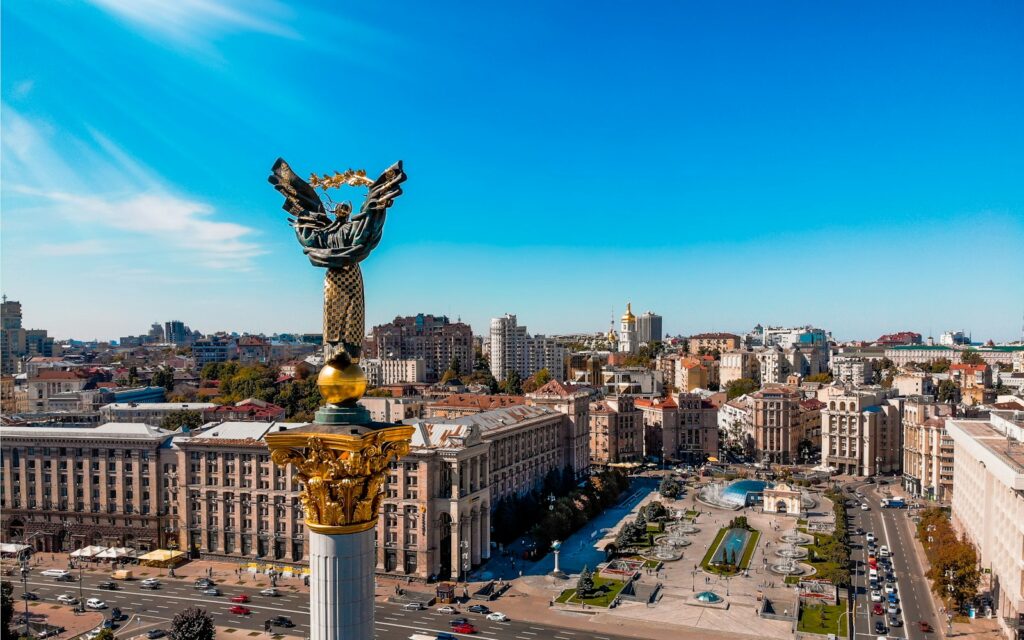
A Shift in U.S. Policy on Ukraine War Funding
A profound recalibration of American foreign policy concerning the prolonged conflict in Ukraine appears to be underway. Vice President JD Vance clearly declared that the United States is “done with the funding of the Ukraine war business.” This statement comes just before a critical diplomatic meeting scheduled for Friday in Alaska between President Trump and Russian President Vladimir Putin. The summit is intended to explore the possibilities of a ceasefire agreement.
Vance’s comments on Fox News’s Sunday Morning Futures signaled a marked departure from the current path of U.S. financial involvement. He emphasized that the administration’s main goal is to “bring about a peaceful settlement to this thing.” This position reflects a growing fatigue in certain American political circles regarding the ongoing economic strain of the conflict.
Addressing both the American public and European allies, Vance explained, “Americans, I think, are sick of continuing to send their money, their tax dollars of this particular conflict.” He added a conditional openness to further involvement, stating, “but if the Europeans want to step up and actually buy the weapons from American producers we’re OK with that, but we’re not going to fund it ourselves anymore.”

The Alaska Summit and Diplomatic Challenges
The upcoming Alaska summit represents a key moment for peace negotiations, with the Trump administration seeking a major breakthrough with Moscow. Central to these talks will be the sensitive issue of territorial control, a deeply contested matter at the heart of the nearly three-year conflict.
Before the summit, the Kremlin presented a ceasefire proposal to the Trump administration. The offer demanded Russian control over Eastern Ukraine in exchange for halting hostilities, posing a difficult challenge given Kyiv’s firm opposition.
Ukrainian President Volodymyr Zelensky strongly rejected this deal, using the social platform X to declare that “Ukraine is ready for real decisions that can bring peace.” He stressed that “any decisions that are against us, any decisions that are without Ukraine, are at the same time decisions against peace.”
Zelensky was notably not invited to the Alaska summit, drawing significant scrutiny. Nonetheless, both the White House and U.S. Ambassador to NATO Matthew Whitaker acknowledged the possibility of a trilateral meeting, with President Trump remaining open to such an arrangement.
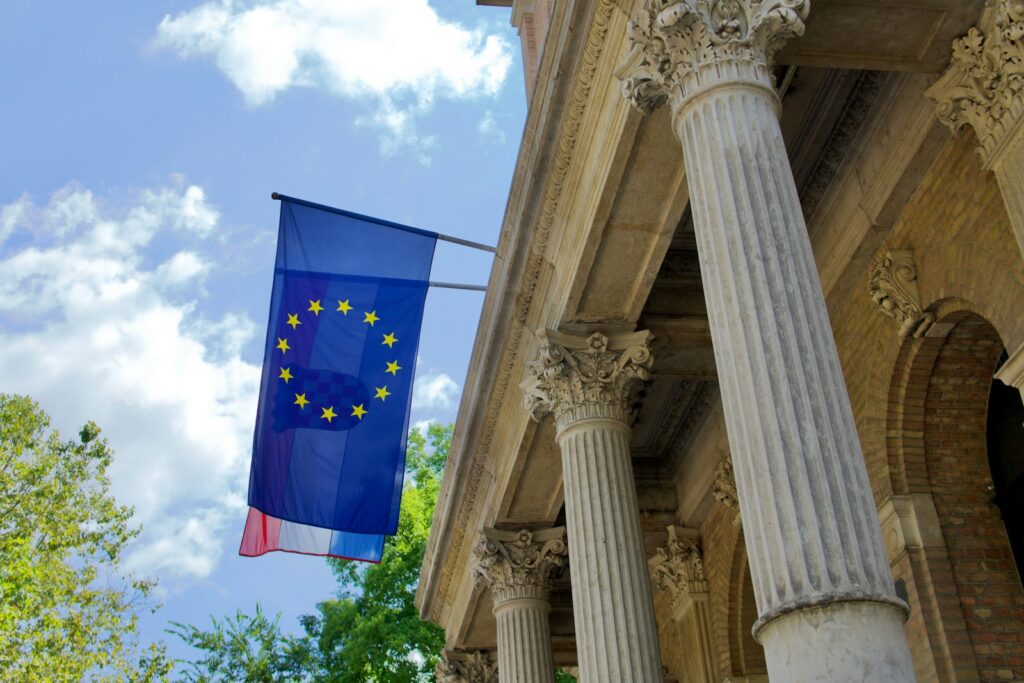
European Responses and Burden Sharing
The proposed deal, perceived by many as unbalanced, triggered a strong reaction from European leaders. They affirmed their diplomatic, economic, and military support for President Trump’s peace efforts, while insisting any resolution “must protect Ukraine’s and Europe’s vital security interests.” This stance underscores the shared concern for regional stability.
Vance has repeatedly urged European leaders to take greater responsibility in the conflict. He told Europeans, “this is in your neck of the woods, this is in your backdoor, you guys have got to step up and take a bigger role in this thing.” He pressed further, saying that if Europeans truly “care so much about this conflict you should be willing to play a more direct and a more substantial way in funding this war yourself.” This message points to a strategic shift toward greater burden-sharing within the transatlantic alliance.
During his campaign, President Trump promised to resolve the conflict swiftly, though diplomatic complexities and entrenched positions have complicated such efforts. Recognizing the financial toll on the U.S. and Europe, Trump brokered an agreement in June for NATO allies to increase defense spending to 5 percent of GDP, a significant move to strengthen collective security.
In July, another agreement allowed the U.S. to send lethal weapons to Ukraine, provided these arms were purchased by other NATO countries. These steps have increased Europe’s economic engagement in the conflict, reflecting the administration’s vision for shared responsibility.

Vice President Vance’s Foreign Policy Perspective
Ahead of the summit, Vice President Vance visited England to discuss President Trump’s peace initiatives with European officials. His opposition to ongoing U.S. aid to Ukraine aligns with an “America First” foreign policy philosophy that prioritizes domestic interests and minimizes foreign entanglements. This stance has raised concerns among Kyiv’s supporters regarding sustained U.S. assistance.
Vance’s skepticism about deep American involvement dates back to early in the conflict. In February 2022, shortly after Russia’s invasion, he remarked, “I gotta be honest with you, I don’t really care what happens to Ukraine one way or another.” He has also downplayed the threat posed by Russia, stating “Vladimir Putin is not Adolf Hitler,” and that Putin “has significantly less capability than the German leader did.”
Vance expressed doubt about Congress approving further significant aid to Kyiv. “If Ukraine thinks that it’s getting another $60 billion supplemental out of the United States Congress, there’s no way,” he told reporters. He identifies as a “realist,” skeptical of Ukraine’s ability to achieve a decisive victory over Russia, a view detailed in his April New York Times op-ed, “The Math on Ukraine Doesn’t Add Up.” He described President Zelenskyy’s goal of restoring Ukraine to its 1991 borders as “fantastical.”
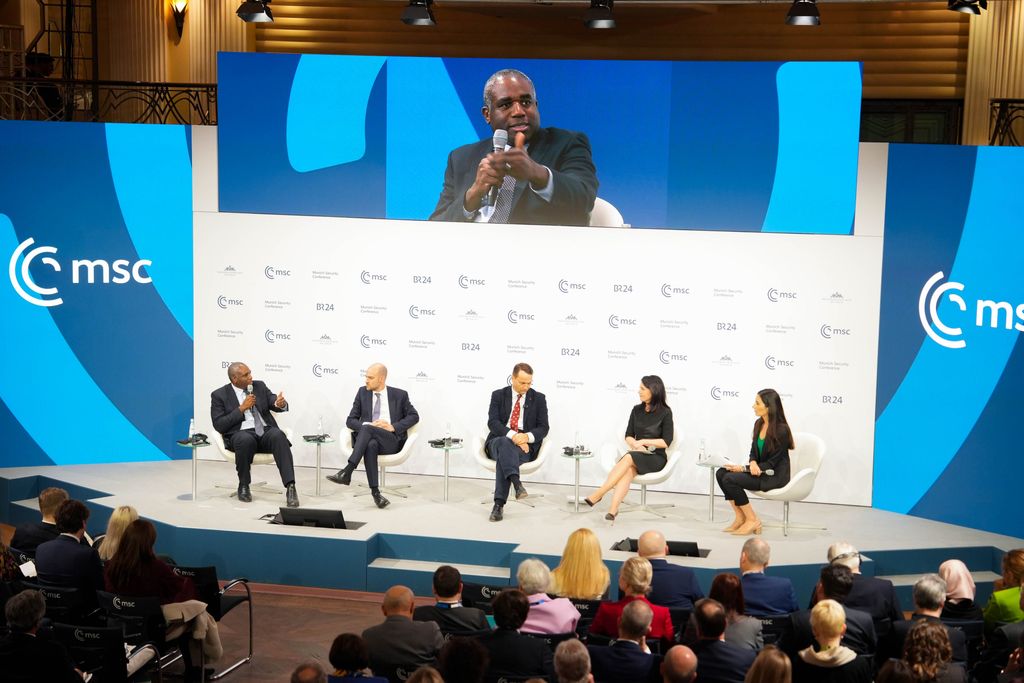
Broader Strategic Considerations and Political Reactions
At the Munich Security Conference in February, Vance voiced concern that the U.S.’s focus on Ukraine diverts attention from other global challenges, especially from China. He expressed preference for addressing issues in East Asia over prolonged European conflicts.
Trump’s selection of Vance as his running mate signals an intent to intensify the “America First” agenda by disengaging from some international issues, potentially reshaping America’s global role.
Concerns remain that ending U.S. aid to Ukraine could weaken Kyiv’s position. In April, Vance notably voted against a foreign aid package that included nearly $61 billion for Ukraine, reflecting his conviction that Moscow’s threat has been overstated.
This isolationist approach has caused tensions within the Republican Party, where opinions vary. Senator Lindsey Graham criticized Vance’s stance as “garbage” and urged him to consult directly with Ukrainian military and civilians. Graham stressed the necessity of dialogue to end the war and expressed hope that Zelensky would participate in peace talks.
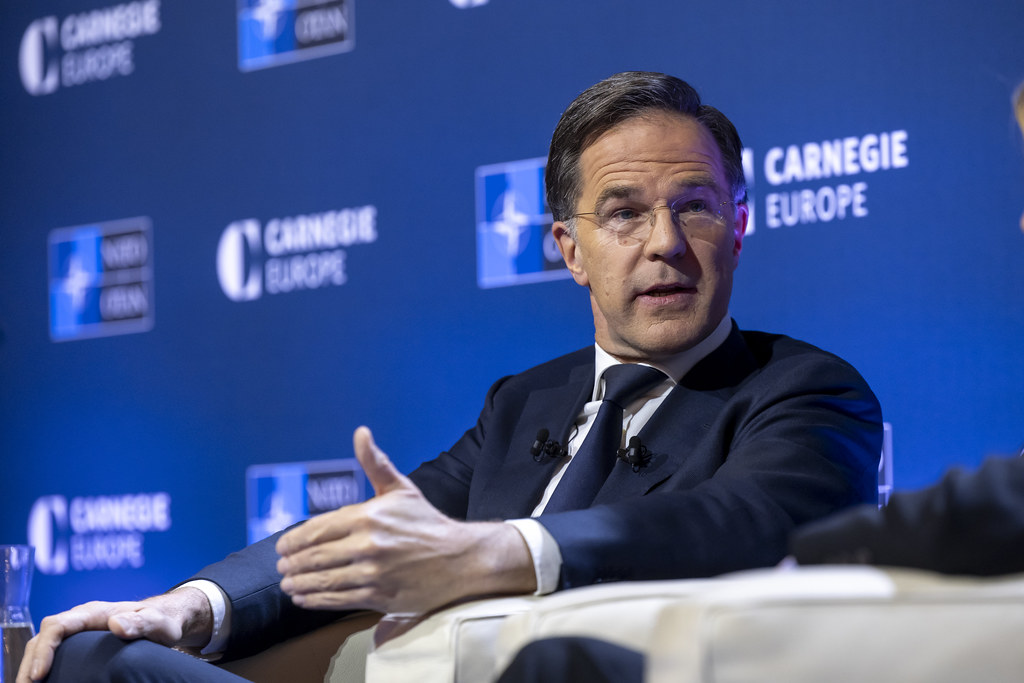
International Perspectives and Diplomatic Outlook
NATO Secretary General Mark Rutte praised Washington’s recent strategic moves, including increased military aid to Ukraine and sanctions related to Russian oil purchases, interpreting these as pressure on Putin.
Rutte highlighted the importance of the Alaska summit, noting it will test “how serious [Putin] is on bringing this terrible war to an end.”
Senate Minority Leader Mitch McConnell emphasized that continued U.S. support depends on both the November election results and Ukraine’s battlefield progress. He stated the conflict’s summer developments are crucial in determining political will.
Despite months of U.S.-led diplomacy, efforts to secure a truce have largely failed. Kyiv has agreed in principle to talks, while the Kremlin maintains demands that align with its strategic aims.
President Zelensky reaffirmed Ukraine’s resolve, asserting that his country “will not give Russia any awards for what it has done” and underscoring that Ukrainians “will not give their land to the occupier.”
Zelensky’s chief aide, Andriy Yermak, described the week ahead as “an important week of diplomacy,” signaling Ukraine’s active engagement in the lead-up to the summit.
European leaders are intensifying preparations, with German Chancellor Friedrich Merz confirming hopes that Zelensky will be invited to participate, highlighting the importance of Ukrainian representation.
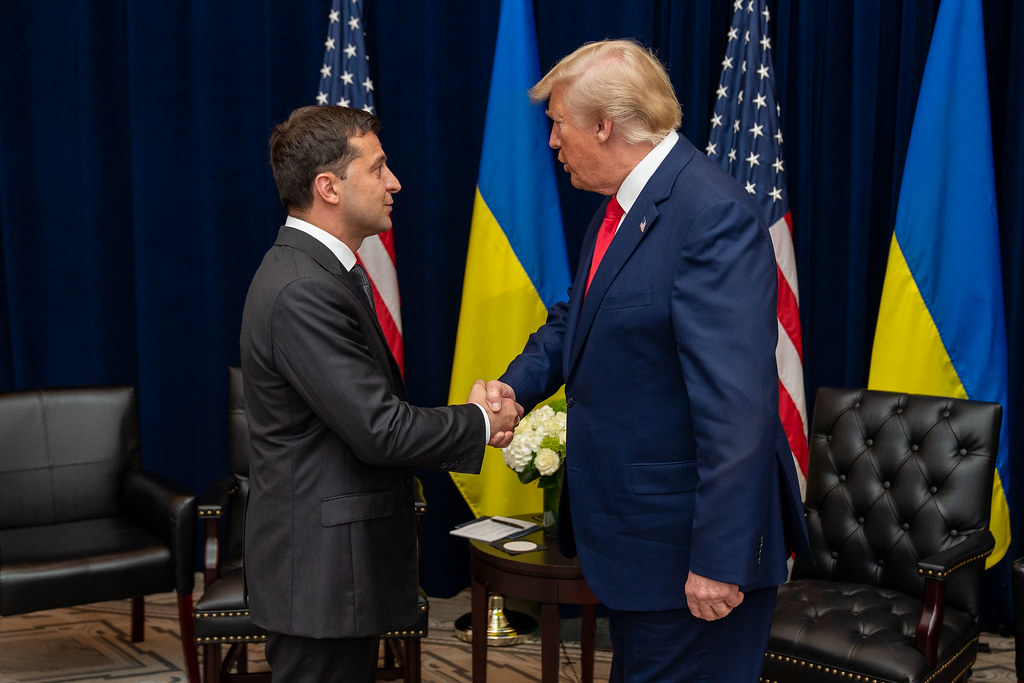
The Alaska summit between President Trump and President Putin, set against Vice President Vance’s decisive statement on ending U.S. funding for the Ukraine war, marks a critical juncture in the conflict’s complex landscape. The interaction of diverging national interests, significant economic costs, and evolving international alliances converge here. The global community awaits to see if this moment can produce a viable pathway toward just and lasting peace, with profound implications for broader global security and the future of diplomacy amid persistent geopolitical tensions.



